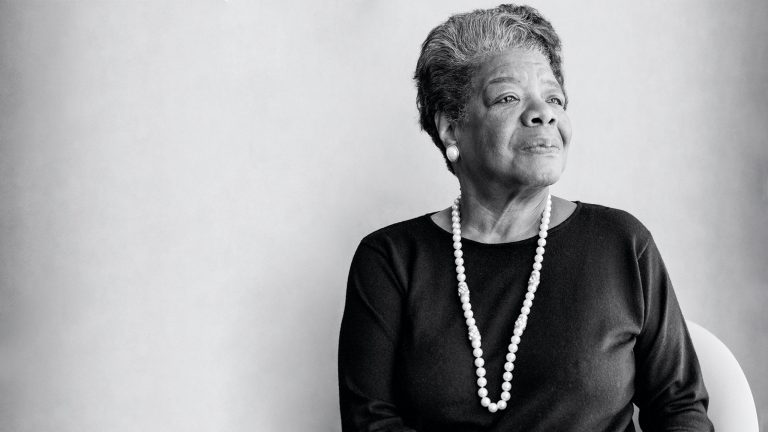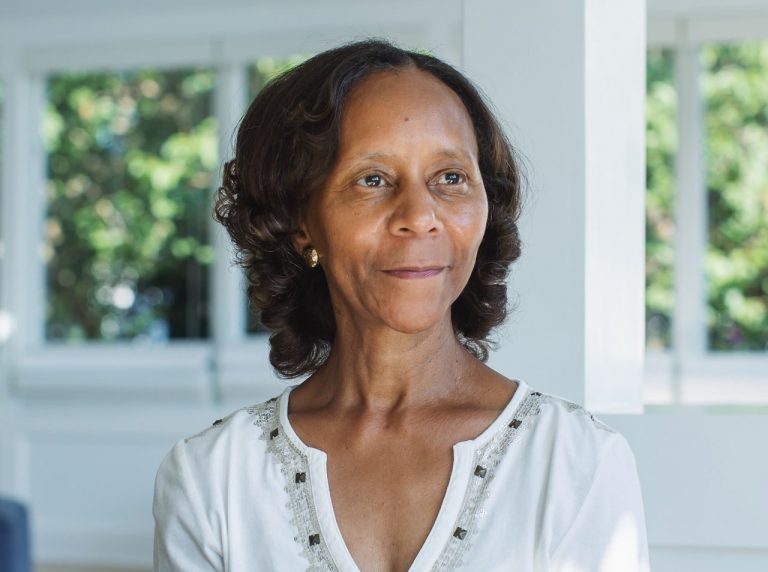Poet Maya Angelou: An Inspiring Impact

Maya Angelou was a remarkable woman who left an indelible mark on the world with her writing and activism. As we celebrate Women’s Month, it is important to recognize the contributions of women like Maya Angelou who have paved the…


